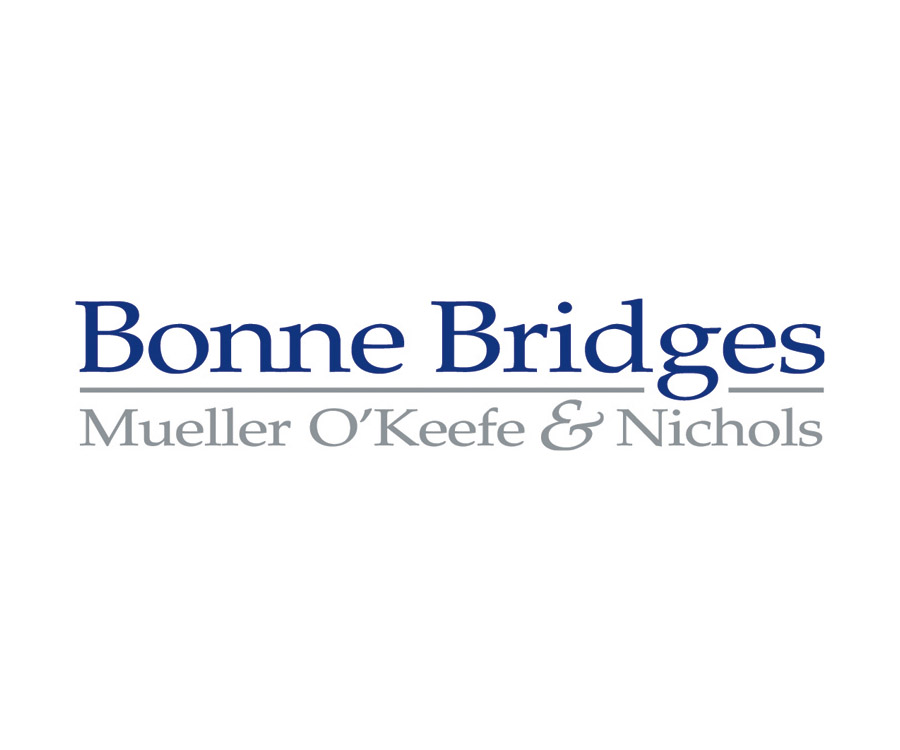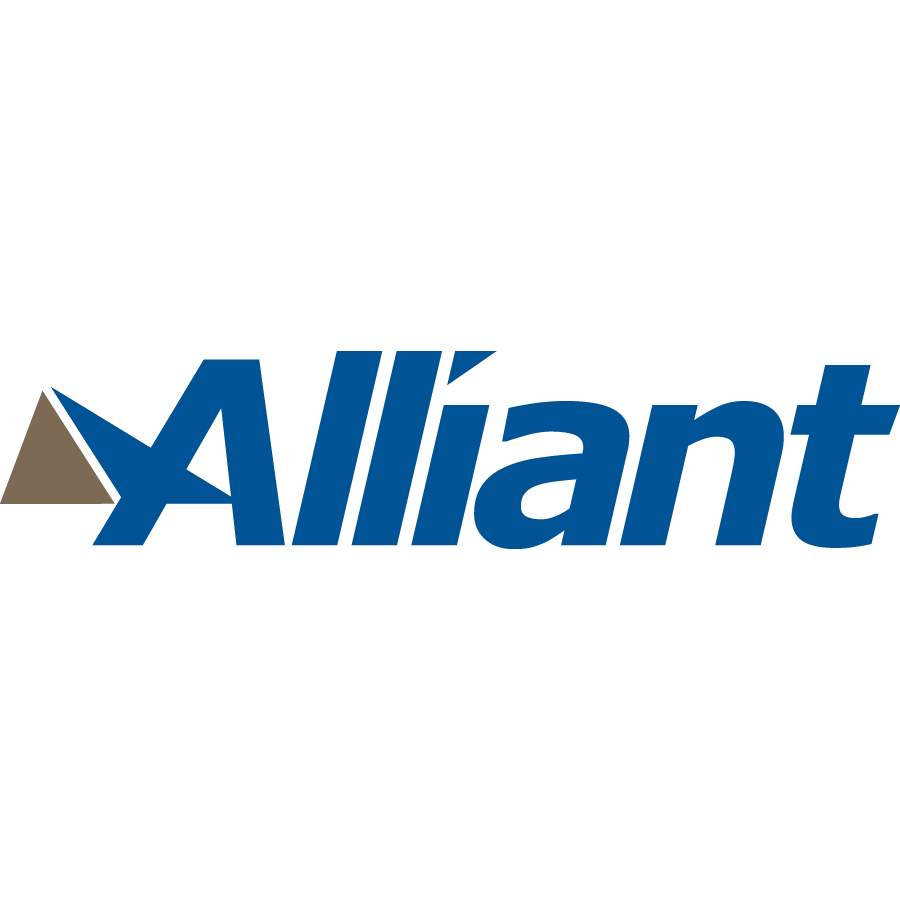

When adverse events take place in healthcare, it is usually patients and their families who are harmed most –but the negative impacts don’t always stop there. Over the past 20 years, there has been increasing attention to “second victims,” the clinicians who experience psychological (and sometimes physiological) harm as a result of their involvement in an adverse event. This presentation extends that logic to look at harm to the risk management and patient safety professionals who investigate adverse events and try to solve the problems they uncover. It describes the sources of harm to these “third victims,” the types of harm they can experience, and potential solutions to reduce that harm.
Please consider taking this short (~5 min) anonymous survey on risk managers’ stress during the COVID-19 pandemic: https://ucsd.co1.qualtrics.com/jfe/form/SV_8jnFKut4onpWUpD. Results will be presented during the session. Everyone is invited to participate in the survey, even if you won’t be able to attend the webinar.
Please submit your response by Saturday, August 15th.
Alan Card is an Assistant Professor at the University of California, San Diego School of Medicine. His research tackles questions related to quality, safety, risk, and well-being in healthcare, with a particular focus on improving how healthcare organizations improve.
He is a former Editor of the Journal of Healthcare Risk Management and the inventor of several patient safety risk management tools, including: The Active Risk Control Toolkit, the Generating Options for Active Risk Control Technique, the Lovebug Diagram, and the risk curve approach for risk matrices.
Dr. Card holds a PhD from the University of Cambridge in England, an MPH from the University of South Florida, and professional certifications in healthcare quality (CPHQ) and healthcare risk management (CPHRM).
This program qualifies for 1.0 hour continuing education for BRN. MCLE and ASHRM/CPHRM are pending.
Provider approved by the California Board of Registered Nursing, Provider Number CEP10552, for 1.0 contact hour.
























